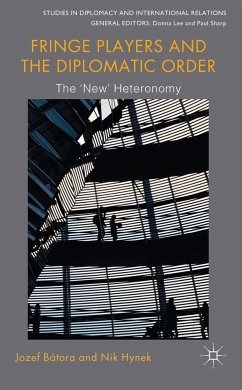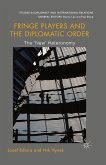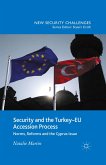This book analyzes ways how three fringe players of the modern diplomatic order - the Holy See, the Sovereign Military Order of Malta, and the EU - have been accommodated within that order, revealing that the modern diplomatic order is less state-centric than conventionally assumed and is instead better conceived of as a heteronomy.
"This study of the nature and dynamics of the modern diplomatic order makes several surprising and interesting moves. Analytically by combining such strange bed-fellows as organization theory, oriented institutionalism and Eisenstadt's research program on comparative liminality, and empirically by focusing on three fringe players, a newcomer (the European Union) and two old enities (the Holy See and the Sovereign Military Order of Malta). The result [provides] new insights into diplomacy as an institutionalized, composite order, the interdependence between continuity and change, as well as the role of institutions in political life." - Johan P. Olsen, University of Oslo, Norway
"This bringing of neo-institutional theory to diplomacy is long overdue, and is the more commendable for relying on case-studies of how hegemonic set-ups are contested. Yet another step in the rapid professionalisation of diplomacy studies." - Iver B. Neumann, London School of Economics, UK
"This bringing of neo-institutional theory to diplomacy is long overdue, and is the more commendable for relying on case-studies of how hegemonic set-ups are contested. Yet another step in the rapid professionalisation of diplomacy studies." - Iver B. Neumann, London School of Economics, UK








